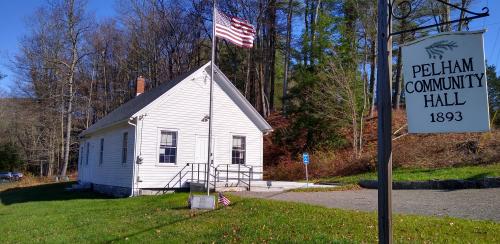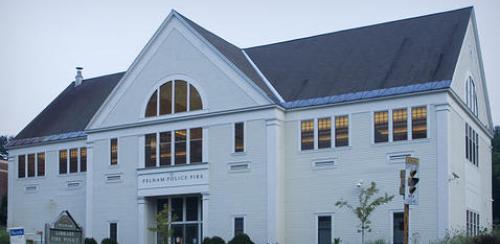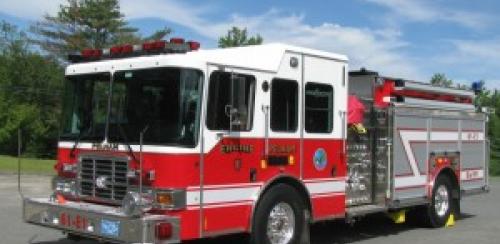Proposition 2 1/2
Questions and Answers
Proposition 2 1/2 is the title given to an initiative petition adopted by voters of the Commonwealth of Massachusetts in 1980.
Its principal features are related to the total amount of property taxes which a city or town can raise each year. Other parts of the initiative, however, limited state agency assessments on cities and towns, prohibited unfunded state mandates, changed laws relating to school budgets and repealed binding arbitration for certain public employees. In addition, it reduced the motor vehicle excise tax and allowed renters a deduction on their state income tax.
How does Proposition 2 1/2 limit property taxes?
Proposition 2 1/2 contains two limitations on the amount of property taxes a city or town can raise:
The property tax levy ceiling (the amount raised) can never exceed 2 1/2% of the full cash value of all taxable property in the city or town. A tax rate can not be higher than $25.00 per $1,000 of valuation.
The property tax levy limit cannot be increased more than 2 1/2% over the prior year's levy limit, with certain exceptions for new growth: or through overrides and exclusions as adopted by the voters.
How does proposition 2 1/2 affect my individual tax bill?
The levy limit provisions of Proposition 2 1/2 affect the total amount of taxes to be raised by a city or town. It does not apply to an individual tax bill.
What is classification? How does it work with Proposition 2 1/2?
The Classification Amendment to the Massachusetts Constitution was adopted by the voters in 1978. It allowed cities and towns to categorize real estate into four classes and to distribute the tax burden among these classes.
Proposition 2 1/2 affects the total amount of tax that can be raised. Classification affects which classes of taxpayers will pay what specific share of the total amount of the tax.
Does Proposition 2 1/2 allow increases in the tax levy?
Yes, Proposition 2 1/2 contains several provisions for an increase in the tax levy limit:
The levy limit can be increased by 2 1/2% each year. This percentage increase is less than the annual rate of inflation for each year since the adoption of Proposition 2 1/2.
The levy can be increased by the value of the new construction and newly taxable parcels. This provision ensures that cities and towns can recover additional service costs resulting for new taxable projects.
The levy can be increased by the adoption of an override. An override provision allows the voters of the city or town to raise additional revenues (or to reduce the levy) by the specific amount. This can be accomplished by placing an override question on the ballot in a general or special election and approving the measure by a simple majority of voters. The increase approved by the voters then becomes part of the base for calculating future years' levy limits
It is important to consider, however, that Proposition 2 1/2 also mandates the property tax levy limit for any given year can never exceed the property tax levy ceiling (which is again, 2 1/2% of the assessed value of all taxable properties within a city or town). An override of the Proposition 2 1/2 levy limit does not allow the levy to exceed the levy ceiling.
The levy can be increased by the adoption of an exclusion. the exclusion provision allows the voters of the town to exclude bonds or debt issued for municipal capital improvements.
What is the relationship of property values and the tax rate?
Proposition 2 1/2 sets the maximum amount of property taxes (the levy) that a town can raise.
Once the amount to be raised is determined, a tax rate is calculated by dividing the amount to be raised by the total valuation of the town.
Whether the tax rate for a community will increase or decrease from the prior year will depend upon the levy decided upon by the community: it also depends on whether property values appreciate, depreciate or remain steady in the particular community.
For further assistance:
The staff of the Board of Assessors is available to assist in answering any questions or concerns about your property tax assessment.












